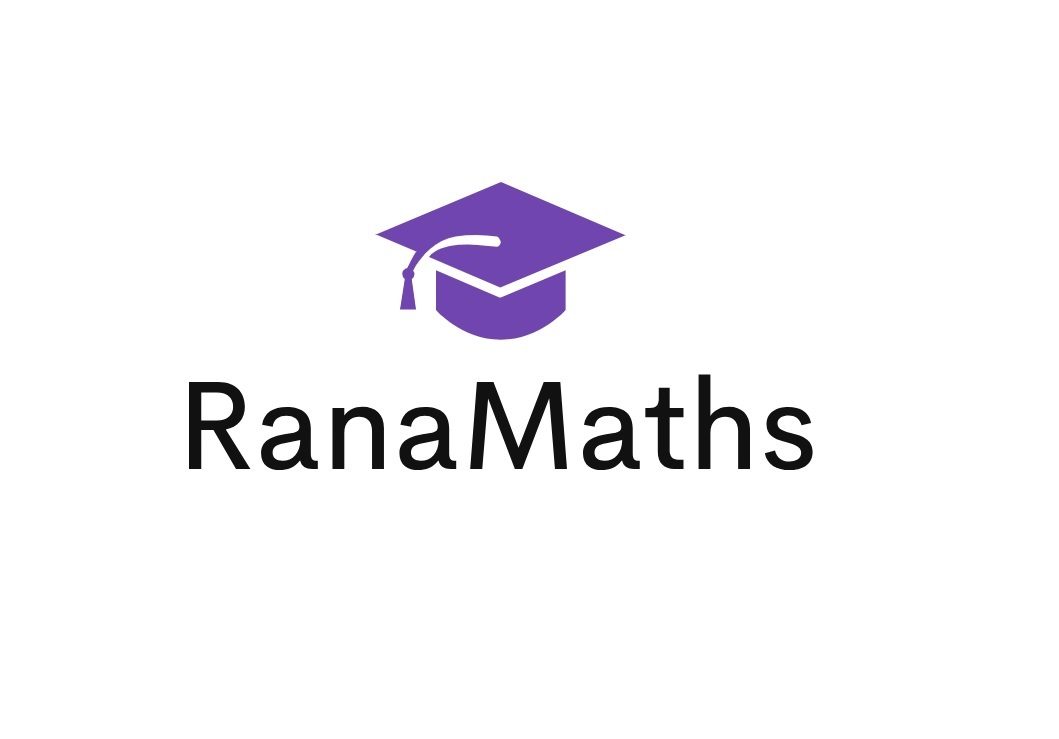Advanced Analysis (Set Theory and Measure Theory) MSc Notes
Set theory is a branch of mathematical logic that studies sets, which are collections of objects. It is a fundamental part of modern mathematics and serves as the foundation for many other mathematical disciplines.
Set:
- Definition: A set is a well-defined collection of distinct objects, considered as an object in its own right. The objects within a set are called elements.
Element:
- Definition: An element is an object that belongs to a particular set.
- Notation: If (a) is an element of set (A), it is written as (a \in A).
Subset:
- Definition: If every element of set (A) is also an element of set (B), then (A) is a subset of (B).
Union:
- Definition: The union of two sets (A) and (B) is the set of all elements that are in (A), or (B), or in both.
Intersection:
- Definition: The intersection of two sets (A) and (B) is the set of all elements that are common to both (A) and (B).
Complement:
- Definition: The complement of a set (A) with respect to a universal set (U) is the set of all elements in (U) that are not in (A).
- Notation: (A’) or (\bar{A}).
Cardinality:
- Definition: The cardinality of a set is the number of elements in the set.
- Notation: |A| = n.
Power Set:
- Definition: The power set of a set (A) is the set of all possible subsets of (A), including the empty set and (A) itself.
- Notation: \mathcal{P}(A) or (2^A).
Set theory provides a rigorous framework for defining and manipulating mathematical objects.
Measure theory is a branch of mathematics that extends the concepts of length, area, and volume from classical geometry to more general sets. It provides a rigorous foundation for the study of integration and probability theory.
Measurable Space:
- Definition: A measurable space consists of a set (X) and a sigma-algebra (\mathcal{F}) of subsets of (X). The elements of (\mathcal{F}) are considered measurable sets.
Sigma-Algebra:
- Definition: A sigma-algebra (\mathcal{F}) on a set (X) is a collection of subsets of (X) that satisfies certain properties:
- (X) belongs to (\mathcal{F}).
- If (A) is in (\mathcal{F}), then the complement of (A) is also in (\mathcal{F}).
- If (A_1, A_2, \ldots) is a countable sequence of sets in (\mathcal{F}), then their union is also in (\mathcal{F}).
Measure:
- Definition: A measure on a measurable space ((X, \mathcal{F})) is a function (\mu: \mathcal{F} \to [0, \infty]) that assigns a non-negative real number to each measurable set, satisfying the following properties:
- (\mu(\emptyset) = 0),
- If (A_1, A_2, \ldots) are pairwise disjoint sets in (\mathcal{F}), then (\mu(\cup_{i=1}^\infty A_i) = \sum_{i=1}^\infty \mu(A_i)).
Lebesgue Measure:
- Definition: The Lebesgue measure is a measure on the sigma-algebra of Lebesgue measurable sets in (\mathbb{R}^n). It extends the concept of length, area, and volume to more general sets.
Lebesgue Integral:
- Definition: Given a measurable function (f) on a measurable space ((X, \mathcal{F})), the Lebesgue integral of (f) with respect to a measure (\mu) is denoted as (\int_X f \, d\mu). It generalizes the concept of integration from calculus.
Probability Measure:
- Definition: A probability measure on a measurable space ((\Omega, \mathcal{F})) is a measure (\mathbb{P}: \mathcal{F} \to [0, 1]) such that (\mathbb{P}(\Omega) = 1).
Measure theory plays a crucial role in advanced analysis, functional analysis, and probability theory. It provides a solid mathematical foundation for understanding and working with more abstract and generalized notions of size and integration.
Advanced Analysis (Set Theory and Measure Theory) MSc Notes
Also, visit the website for more help related to mathematics PakMath.com

Fantastic web site. Lots of useful information here. I am sending it
to a few buddies and additionally sharing in delicious.
And obviously, thanks in your effort!